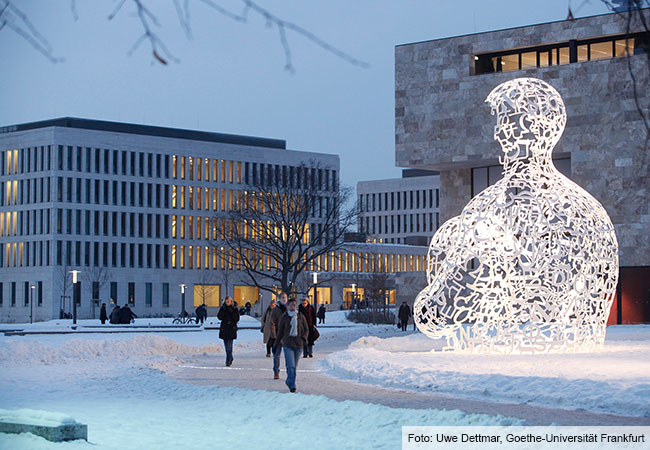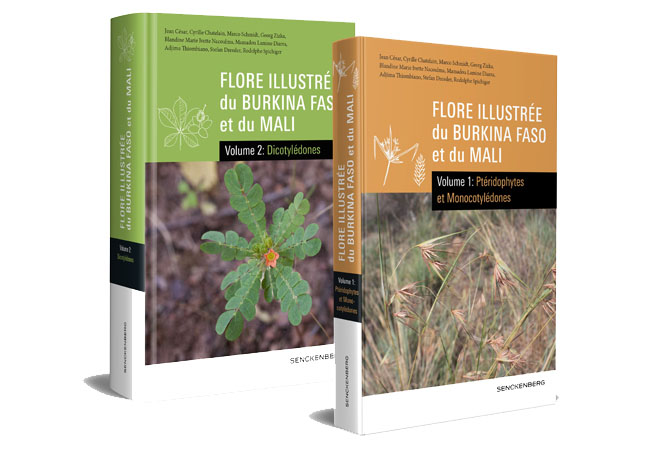A sociological study at Goethe University Frankfurt examines the attitudes of migrants in Europe
The police – your friend and helper? For people immigrating into Europe from another country, this is not always the case. A study at Goethe University shows how the relationship to state power develops among different immigrant groups.
The murder of African-American George Floyd in May 2020 led to worldwide protests against police violence. Not least because of these developments, in Europe, too, the relationship between the police and ethnic minorities has been a hotly debated topic in the recent past.
A study by Christian Czymara of Goethe University Frankfurt and Jeffrey Mitchell of Umeå University (Sweden), which has just been published, also focuses on the trust placed in the police by immigrants in Europe. The two social scientists have analysed the data of almost 20,000 immigrants from 22 European countries in the period from 2006 to 2019. These data, which originate from the European Social Survey, show that trust in the police is indeed on average higher among immigrants than among the native population. However, the longer people live in the destination country, the more trust tends to erode.
The European Social Survey asks interviewees about their trust in various institutions, which they rank on a scale of 0 to 10. Over half the interviewees originally come from other European countries, 12 percent from Africa, 25 percent from Asia.
The authors have two explanations for the fact that trust decreases with the length of stay: first, the memory of the country of origin, and of the situation there, fades. The contrast between the country of origin and the country of destination is particularly significant for people who have immigrated from countries with a lower level of rule of law to a country that is very advanced in that respect. The second explanation is that these people often experience discrimination in their new surroundings, especially those belonging to an ethnic minority there. This is indicated by the fact that the effect of people’s experiences of discrimination is stronger for those who have been in the destination country for longer than for those who have recently arrived. Moreover, comparisons between European countries clearly demonstrate that trust is on average lower where there are more police – for example, in Cyprus, Croatia and Greece. The authors conclude that the size of a police force alone can hardly boost trust in the police, but instead experiences of discrimination must be reduced. Accordingly, efforts in this area would help to maintain the high level of trust in the police among new immigrants and to restore the trust of those who have lived in their host country for a long time.
Publication: Czymara & Mitchell (2022). All Cops are Trusted? How Context and Time Shape Immigrants’ Trust in the Police in Europe. Ethnic and Racial Studies. https://www.tandfonline.com/doi/full/10.1080/01419870.2022.2060711





